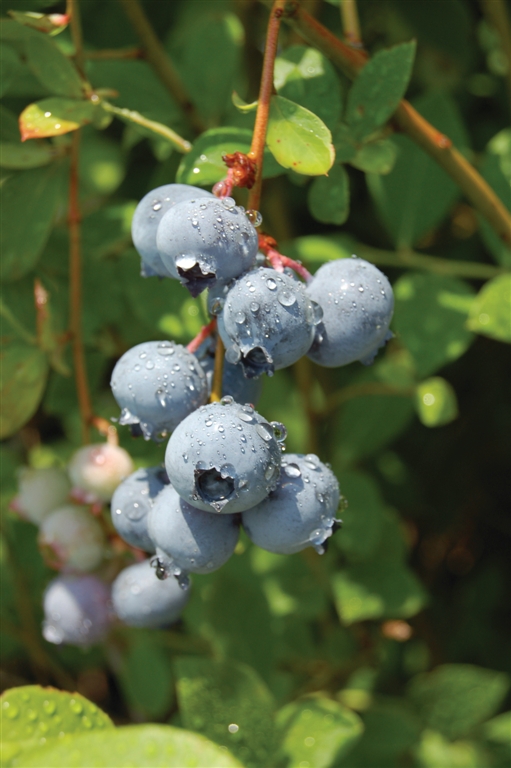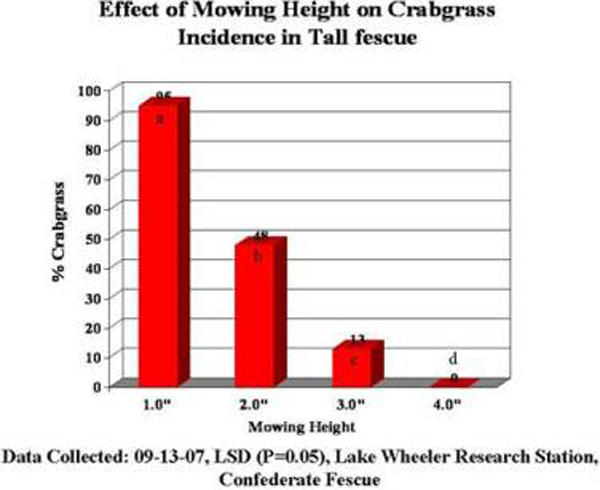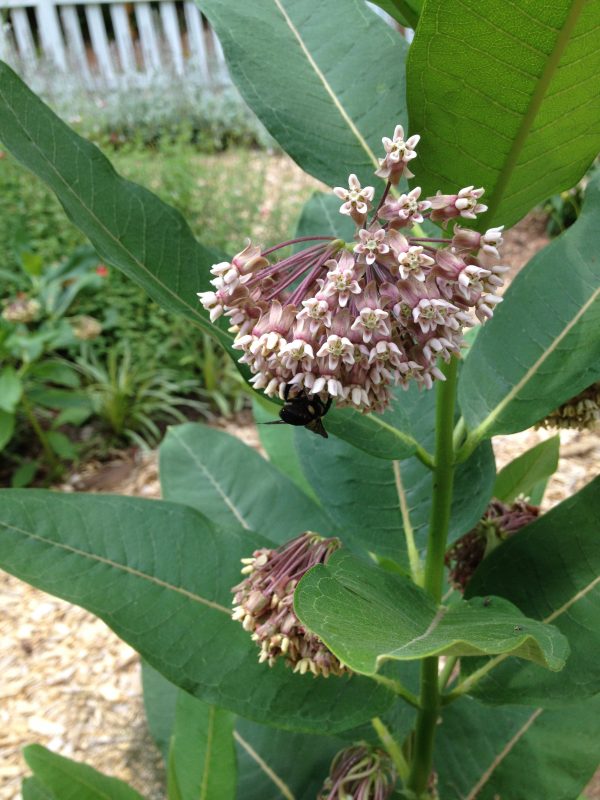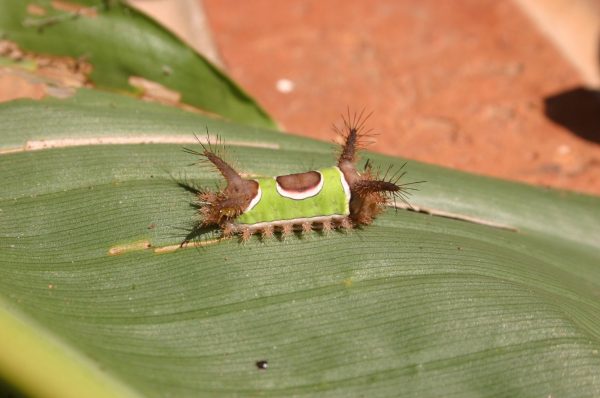IPM – Discussed and Defined
I value the opinion of Dr. Paul Guillebeau, entomologist and pesticide specialist at the University of Georgia. He tries his best to see both sides of the pesticide question without preaching too loudly. Below are his thoughts on Integrated Pest Management.
“For decades, academics have preached that integrated pest management (IPM) is the true path to harmony between pest management and the environment. The difficulty has always been in explaining IPM briefly in terms that do not immediately place the average voter into a moderate comatose state. Even professionals like myself are tired of hearing a long-winded definition of IPM. As we struggled with a more appealing explanation, someone equated IPM with reduced pesticide use.
“This concept has caught on strongly. Many “IPM” grant programs ask specifically how your idea would reduce the use of pesticides. Unfortunately, an IPM program will not guarantee less use of pesticides. For those of you careful with your ignorance, read no further. Once your ignorance is lost, you can never regain all of it. Pesticides are often a key component of an IPM program. Some pesticides carry environmental or human risks; many nonpesticide alternatives also threaten human health or the environment. We need to consider which alternative is the best for the given situation.
Compare two alternatives for that most despised southern pest, fire ants. One non-pesticide alternative for fire ant management is boiling water. One or two gallons of boiling water applied to the mound at the right time of day will often eliminate the mound. Two gallons of boiling water weigh about sixteen pounds, and boiling water can cause serious human injury. It will also kill nearly any nontarget organism in its path.
One common pesticide alternative for fire ant management is a bait formulated with a pesticide. The entire package of a commonly used bait product weighs less than one pound; the recommended application is a few teaspoons. The EPA and most other experts consider the human risks associated with fire ant baits to be quite low. Nontarget ants or other arthropods may be killed by fire ant bait if they consume it.
Make this example more personal. Suppose you need to control fire ants and suppose you have a small child in the clinging phase (parents will be familiar with this phase). Or place your aging grandparent in this example. Which alternative do you think carries greater risks? Personally, I would rather my children play with fire ant bait than to spill two gallons of boiling water on them. If I recommended that an elderly person carry 16 pounds of boiling water across uneven terrain, I would not sleep easily at night.
Society will benefit from the greater use of pesticides in the future IF the right pesticide tools are available and IF they are used with discretion. Pesticides are not that different from medicines. Research teams work endlessly to find new drugs to cure what ails us. Hardly anyone protests the introduction of additional medicines to cure human ills, but we should pay great attention to the side effects. We need pesticides that reduce the risks while offering similar benefits. To summarily condemn the use of all pesticides is similar to the view of some groups that shun doctors and modern medicine.















